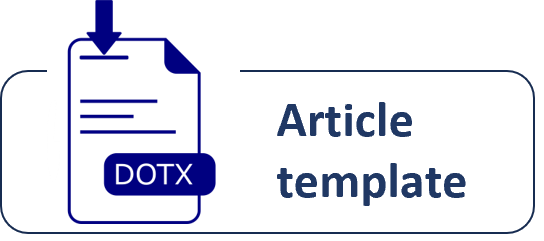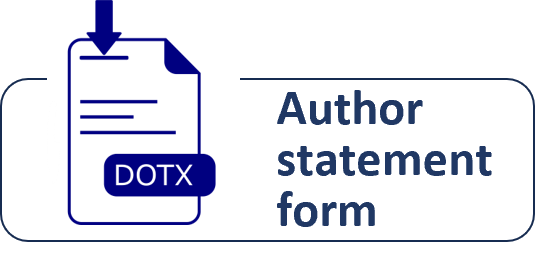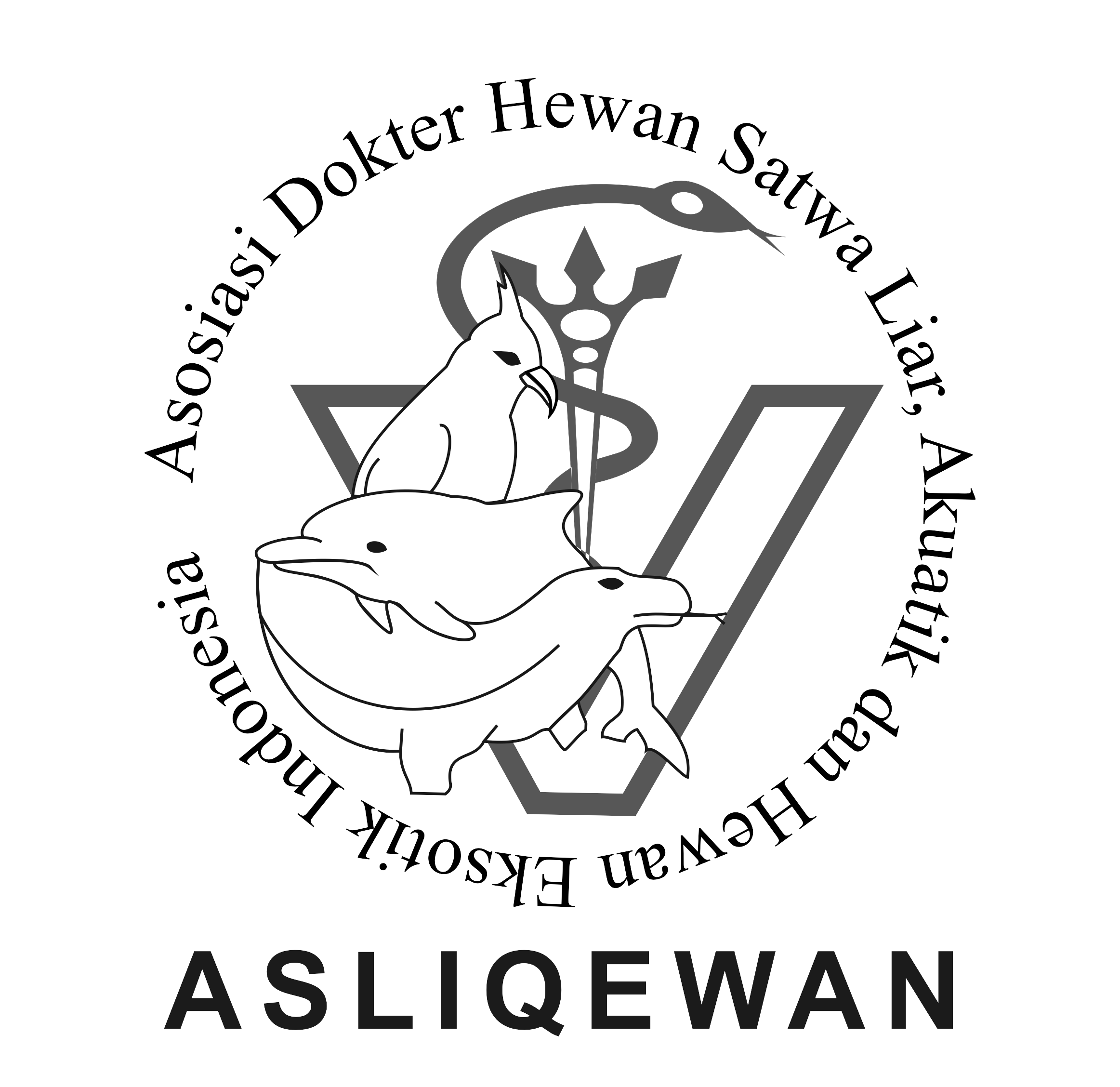JOURNAL INFORMATION
Publication Ethics Statement
Journal of Wildlife and Conservation Medicine (J Wildl Conserv Med) is peer-reviewed scientific journal that committed to upholding the highest standards of publication ethics and takes all possible measures against any publication malpractices. This publication ethics is developed to avoid misconduct in research and publishing. This publication ethics clarifies ethical behavior of all parties involved in publishing a scientific article in J Wild Conserv Med. This publication ethics is based on COPE’s Core Practices and Elsevier Publishing Ethics.
Authorship
- Authorship should be limited to persons who have contributed significantly to the conception, design, execution, data acquisition, data analysis, or interpretation of the manuscript.
- All other persons who have participated in certain important aspects of the research but do not qualify as authors should be acknowledged.
- The corresponding author should ensure that all appropriate co-authors are included in the manuscript.
- The author must send a request with a letter to the Chief Editor to add or remove the author(s) of the accepted manuscript before it is published.
Responsibilities of authors
- Authors are responsible for providing original and accurate data (no plagiarism, no fraudulent data) concerning the manuscript submitted and providing the data when requested.
- The manuscript should not be under consideration or accepted for publication elsewhere.
- Authors should acknowledge or cite accordingly the sources of the parts of the data published elsewhere. Proper citation and permission are required for any reproducing data from other sources,
- Authors should ensure that studies involving wildlife are performed according to national and international regulation.
- Authors should declare any potential conflict of interest, including any financial, personal, or other relationships with other people or organizations related to their work that could affect their work.
- Authors should disclose all sources of financial support for the research project and study sponsor(s) (if any) and their role in the research or study in the Acknowledgement.
- Authors are requested to be willing to publish corrections, clarifications, retractions, and apologies when needed.
Responsibilities of reviewers
- Reviewers should assist in checking plagiarism and improving the quality of the manuscript through an objective review process.
- Reviewers should inform the editor if they find any published or submitted content similar to that under review.
- Reviewers should have no conflict of interest concerning the research, the authors, and/or the research funders during the review process.
- Reviewers should maintain confidentiality of the information supplied by the editor or author.
Responsibilities of editors
- Editors have the responsibility and authority to accept or reject an article based on originality and peer-review recomendations. They should have no conflict of interest when they accept or reject the article.
- Editors should conduct their duties objectively and fairly without discriminating on gender, ethnicity, religion, political view, or geographical origin of the authors.
- Editors should accept manuscripts based on academic merit and without commercial influence. Editors should preserve the anonymity of reviewers.
Conflict of interest
- The corresponding author must state any potential conflict of interest related to any financial, personal, or other relationships with other people or organizations related to the material discussed in the manuscript.
- Authors must state explicitly all sources of the research funding in the manuscript.
Regulation issues
- Authors should ensure and state in the Materials and Methods that all material that used were performed in compliance with relevant government laws and regulation and institutional guidelines.
- All experimental animals should be reviewed by the Institutional Animal Care and Use Committee (IACUC) of similar committees of the organization where the experiment was carried out, and the approval number was indicated in the Materials & Methods section. The editor or reviewers may request a copy of the document to resolve the questions about IACUC approval and its related issues.
- Editor has the right to reject any manuscript based on unethical or misconduct in wild animal studies.
Plagiarism policy
- Plagiarism is carried out to spread another paper as the author's own paper, copy or paraphrase important parts of another paper (without attribution), to claim the results of research carried out by others. Plagiarism in all its forms constitutes unethical publishing behavior and is unacceptable.
- The authors should ensure that they have written entirely original works.
- If the authors have used the work and/or words of others, that this has been appropriately cited or quoted.
- The articles sent by the author must be an original script and is not being considered for publication and not being published by other journal or publishers. This is done through a statement form filled by the author.
- Current Biomedicine checked all of submitted works by anti-plagiarism software (Turnitin). Plagiarism detected works will be banned for further publication procedure.
- Articles reviewed by peer review team who are competent in their field as a way to control plagiarism.
Misconduct Policy
- Authors, reviewers, and editors should maintain the integrity of the academic record during the whole process of publication.
- Publication misconduct, such as redundant (duplicate) publication, plagiarism, fraudulent or fabricated data, undisclosed conflict of interest, or ethical problems with a submitted (or published) manuscript, the journal will follow the Committee on Publication Ethics (COPE) flowcharts (https://publicationethics.org/guidance/Flowcharts).
- The Editorial Board team will conduct an ethical discussion, and the Chief Editor will issue the decision. The journal will penalize those who do not follow the rules.
- The journal refers to the COPE Guidelines (https://publicationethics.org/guidance/Guidelines) for policies not stated in these instructions.





